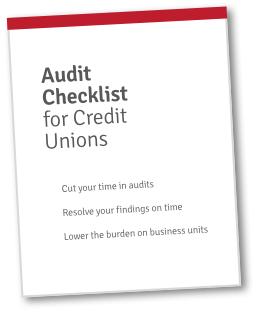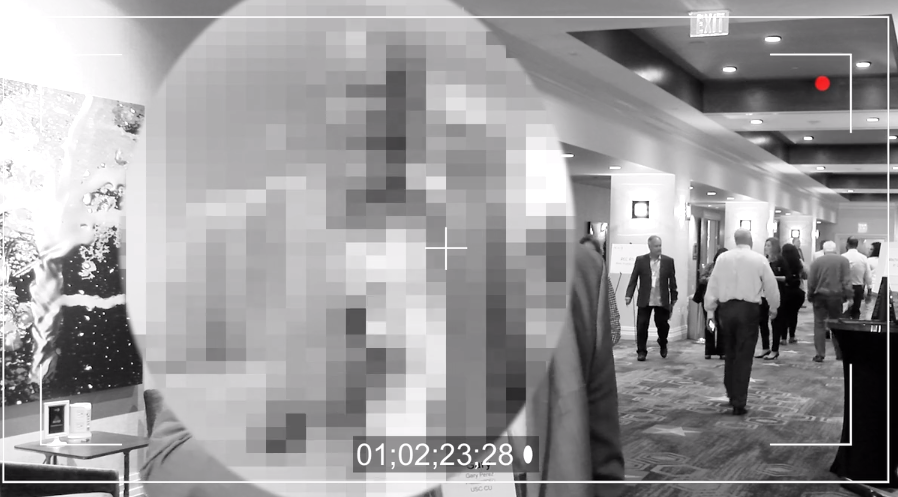These are their stories.
The identities of the participants have been protected.
NCUA Regulations in the Recession
During the peak of the financial crisis—or during the darkest depths, depending on how you want to look at it—home loans were being defaulted at astounding rates. Although it’s a misnomer, there’s absolutely a reason why it’s still frequently referred to as “the housing crisis.”In LA, the erosion of home values had taken its toll. Homes previously worth hefty sums were no longer so expensive. The subprime mortgage crisis revealed a flaw in the valuation of houses and land.
Unfortunately, as you are well aware, mortgages are secured by the assessed value of the property that they cover. When a property that secures a loan depreciates in value, the loan becomes less secure. After a certain level of depreciation, that loan is no longer considered secure.
When the collateral that secures a loan is no longer sufficient to cover the outstanding balance of the loan, that loan’s risk increases.
Of course, as a credit union industry professional, you know this well. You understand how lenders, mortgage providers, and credit unions who offered home loans felt a pinch during this period.
When You’re a Hammer, Everything Looks Like a Nail
And when you’re an auditor during a subprime mortgage crisis, every mortgage looks like an unsecured home loan.Our mystery credit union CEO today felt the pain of the subprime mortgage crisis during a mid-recession audit. His credit union had a large home equity loan portfolio. They were, for the time, uncharacteristically strong loans, and they had no losses in home equity loans.
But the exposure was there.
The auditors determined that the credit union’s home equity loans were no longer well-secured, and they recommended that they be classified as unsecured loans. That would have required a three-hundred-million-dollar allowance adjustment. At the time, his credit union had two hundred million dollars in allowances.
It was, in a word, ridiculous.
But Wait! Look at the Numbers!
Fortunately, our mystery CEO had a good team and had experience navigating audits before. (Currently, he’s survived close to 50 audits.) The auditors gave him a very strong suggestion to recalibrate their allowances to reflect the housing market. Our mystery CEO knew how to handle such a suggestion.NCUA regulations audit nightmare redboard
He appealed the auditor’s decision. It worked. But it could have been a nightmare for the credit union if our mystery CEO wasn’t very well-versed in NCUA regulations.
He and his team have weathered several audits since without issue.
(Some stories really do have happy endings.)

FREE: Audit Checklist for Credit Unions
4 key principles and 9 questions to jumpstart your audit planning. From leading credit unions.Credit Union Compliance Resources
Regardless of your past experience, credit union exams can throw curveballs your way. Some, like the above, may be unavoidable even with demonstrable compliance. Others can be avoided with good planning and great audit tools.Our mystery CEO from the story had a strong team, good organization skills, and considerable experience when his audit nightmare occurred. Still, preparation helps.
If you’d like to prepare for your next credit union exam, get a head start by reviewing NCUA regulations. and reading our article on 3 common credit union risks and how to address them.
Then, when you’re ready, check out our NCUA Audit Checklist.






